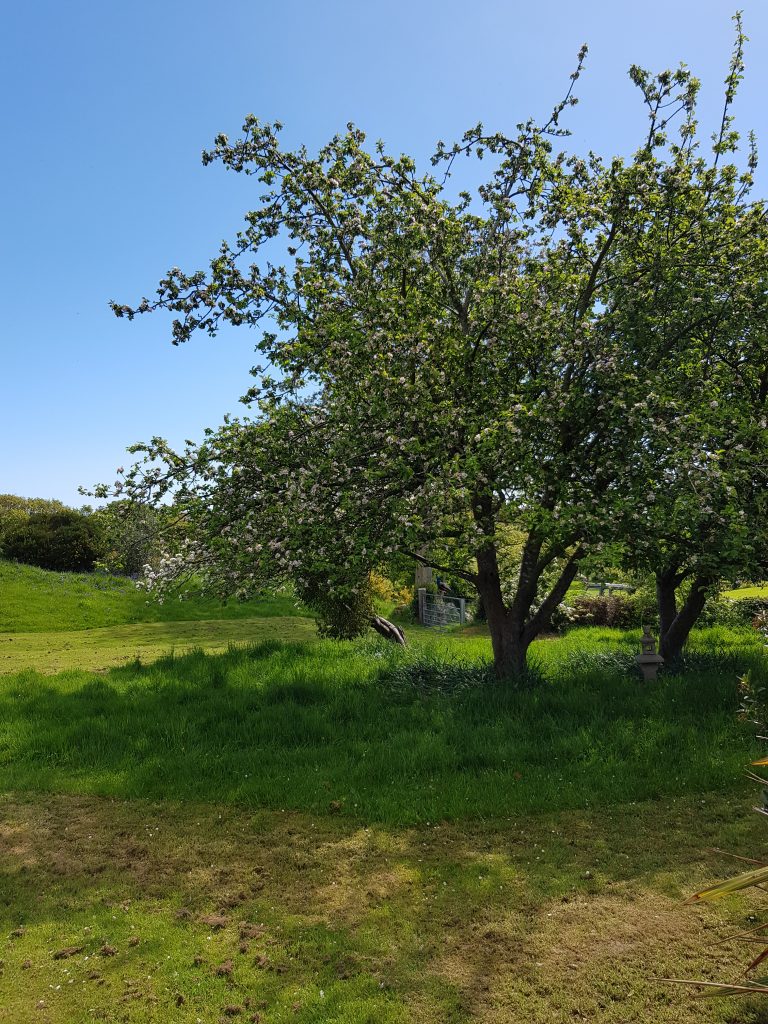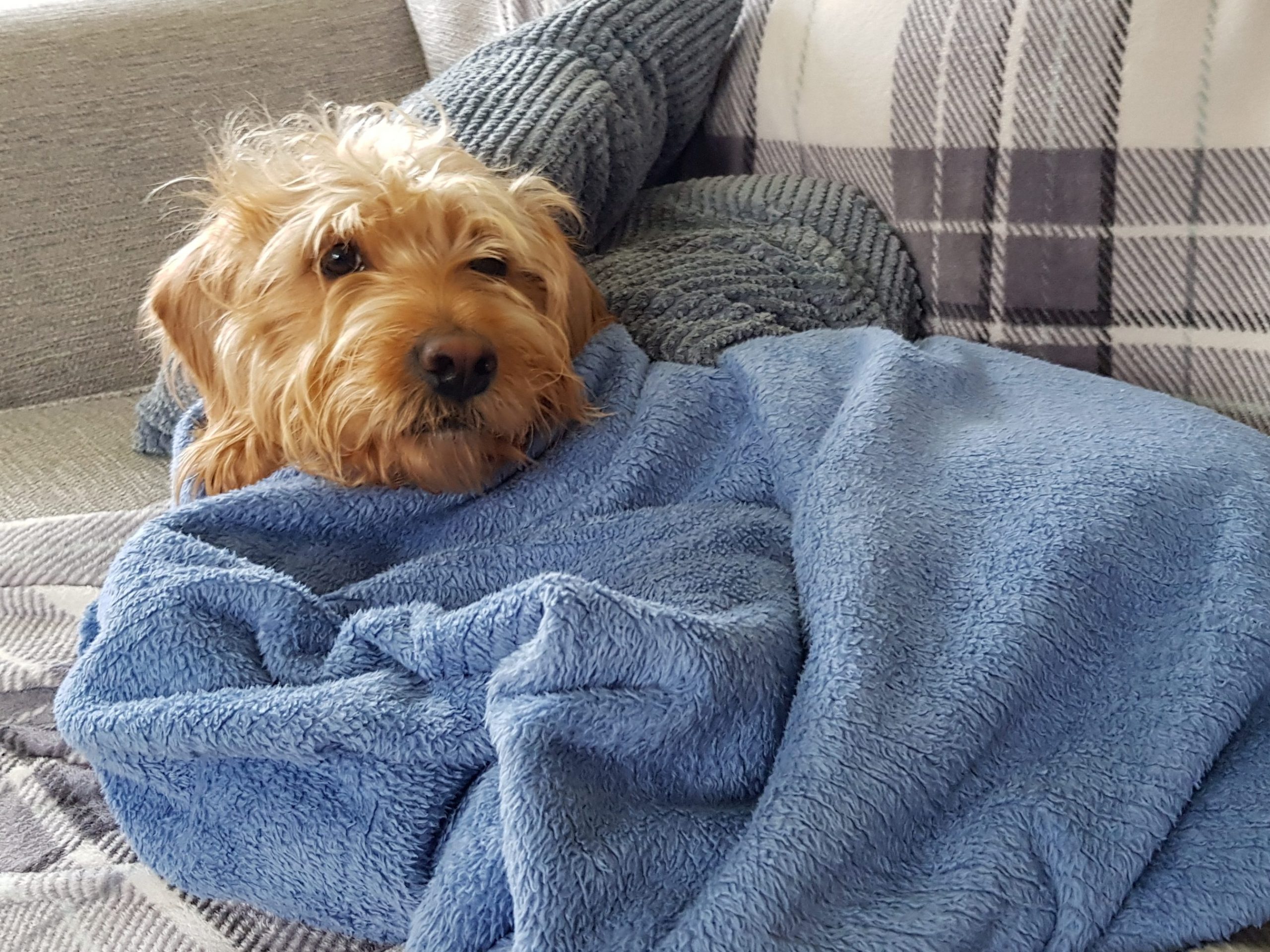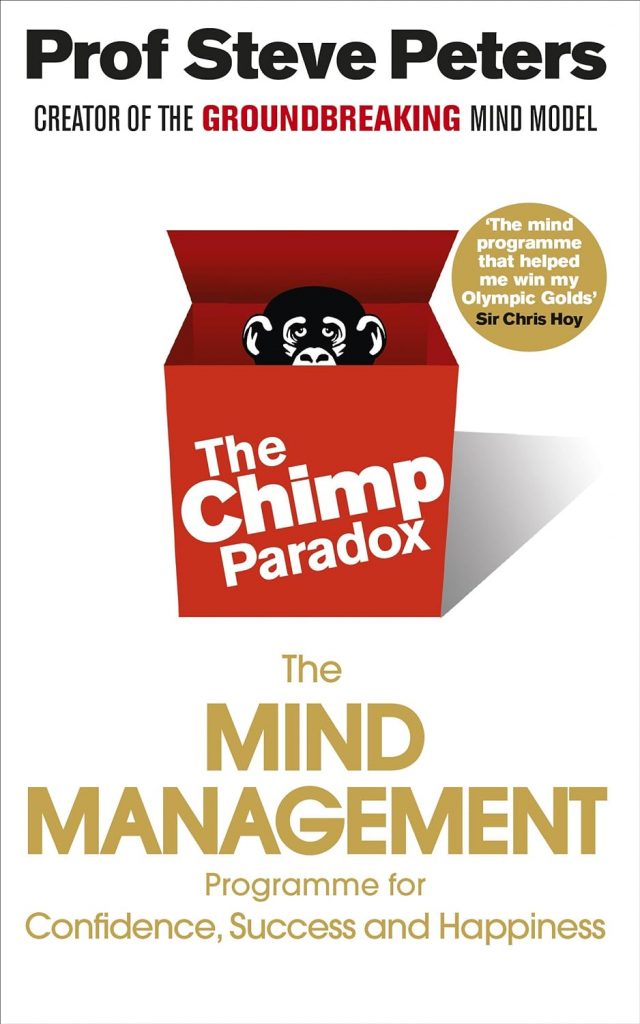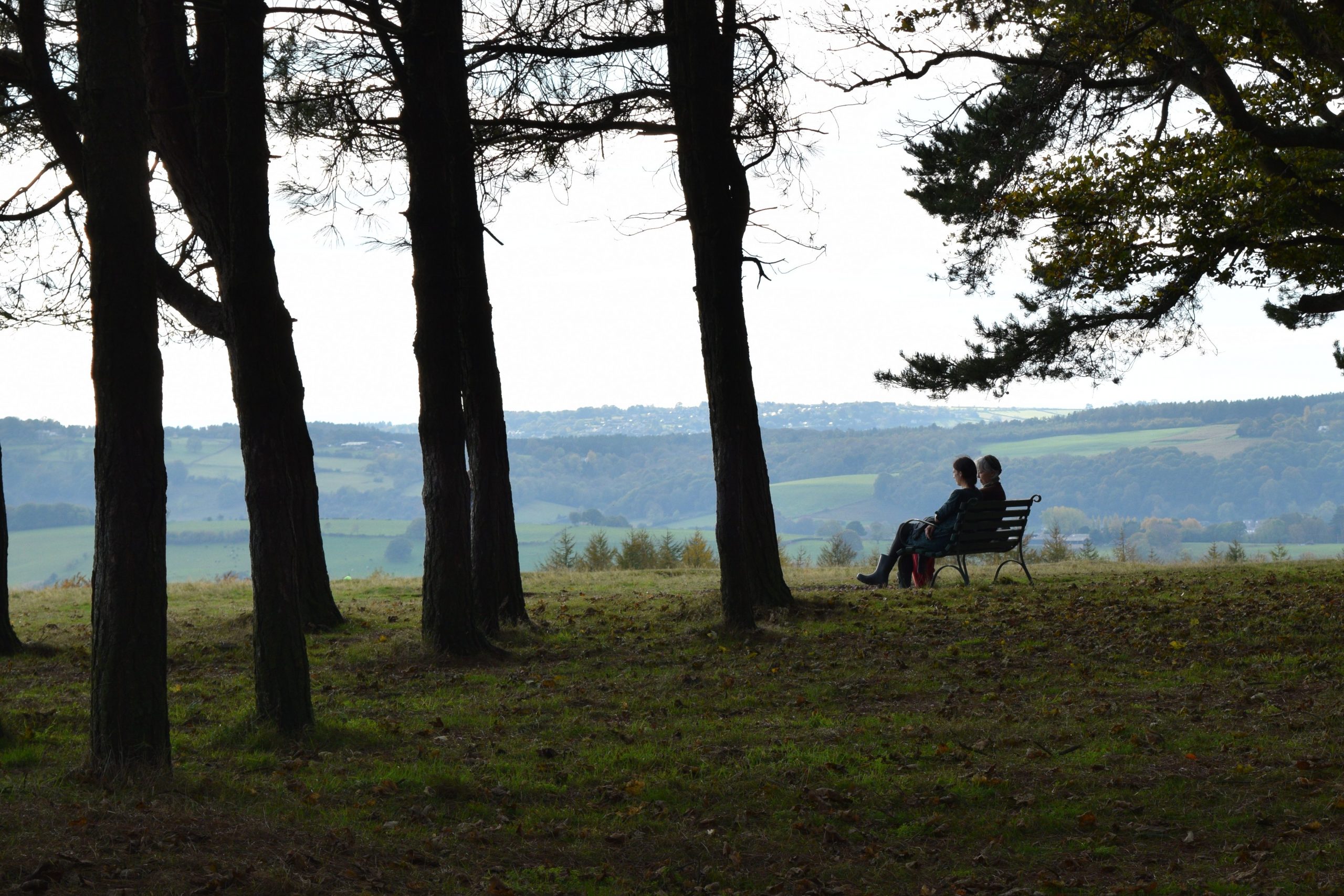Just as a bit of insight into my background and what a “normal” day entails for me I thought it might be interesting to note this down. I must admit I’ve not searched for a diary of a doctor but it may be interesting to contextualise why I am on this journey of self improvement. I am not trying to imply I am hard done by at all as I know there are many people who work much longer hours than me.
Emergency medicine is shift work. For the last ten years I have worked nights, evenings and weekends regularly. There is no rigid 9-5 in most of medicine as a profession at a junior level. I believe it becomes slightly easier as a consultant but I’ll let you know when I get there.
A day shift for me is 8am to 4:30 pm.
The Rough Routine
Usually I wake up at around 0630 to take the dog for a walk or so my wife can take him and I’ll look after our two children. I then jump in the shower and grab a coffee to go. I might grab a frozen pre-made lunch as I rush out the door if I remember – at the moment it’s really 50:50.
I’m incredibly lucky at the moment as my work is only 5 minutes in the car. I have previously commuted over an hour away for two years.
I won’t go into the workings of an A+E department as there are plenty of dramatised television programmes showing this. If there are specific questions about how things generally work I might be able to answer them.
I tend to be able to leave on time which is one of the great advantages of A+E. I then get home (having picked up the kids if they’re not home already) and start making the dinner.

Evenings
I am the primary chef in our house. Not because my wife isn’t a fantastic cook, just because I tend to need that time to unwind and if I’m lucky I get a solid 20 minutes of music in the kitchen to myself.
Dinner then takes at least 45 minutes with the three year old being the slowest eater I have ever known (which I am sure is not unique). It’s then bathtime which I can get done in about 10 minutes which is my biggest achievement as a father before putting the kids to bed which is another 30 minutes to an hour at minimum.
Usually by the time the three year old is asleep I can take the dog out for a quick walk and hopefully by then my wife has the one year old down so we can spend an hour or two together to actually communicate or relax. I then crawl into bed where I have got into the worst habit of listening to or watching podcasts in bed before passing out near 11pm.
This is an easier day for me.

Other Considerations
In my current job plan my other shifts can consist of roughly 1200-2230, 1400-0000 1600-0100, 2200-0830 or professional development days which I can do from home or at work which are 9 to 5.
The pattern is in rolling pattern over 15 weeks so fairly predictable but changing of hours on routine and especially sleep can be very disorientating.
My days off from work are incredibly variable. I could never standardise these days. I have so many other interests outside of work and these are things that I want to develop throughout my life.
From writing this diary I have come up with a few aims for areas I hope to improve on. These hopefully will form the basis of the blog.
Exercise
In my school years I was incredibly active. I was a keen runner and basketballer (despite my height). I now exercise very infrequently and know that my severe lack of energy is largely due to this.
Food
I often skip breakfast. This is a habit I formed a few years ago in the build up to my wedding. I always perform much better at work when I remember to eat in the mornings. Unfortunately to get myself out the door I have in the recent past been tempted by a fast food option. Batch cooking or “meal prepping” is something I have intermittently dabbled in but have often found a lot of uncertainty how long I am prepared to eat the same thing for or how long I can keep something in the fridge before it’s too much of a gamble to take to work.
Night shift workers are notorious for eating poorly. I often view my runs of nights as going into survival mode. I hope to find some strategies to try to cope with this better.
Quality time with my partner (Communication)
Being a parent is bloody hard work. I am extremely lucky in that my boys are really easy and well behaved most of the time. Parenting takes up 95% of my home life nowadays and both my wife and I making time for each other becomes incredibly difficult. A sad fact we discussed a few days ago is that in the three years since our first son was born we’ve been out together on our own three times. I am sure I am not unique in this scenario and hope to find practical ways to navigate this.

Mental Health
As someone who has struggled with mental health problems fairly frequently over the years this was a real driving force for me to start looking into ways to improve my life and the life of my family. I am in a good place at the moment but building up resilience and developing a healthier mind is something that everyone can benefit from. There are many techniques I already employ with this but I know there is much more for me to learn.
Parenting
As an eldest child from a reasonably dysfunctional home growing up I feel that parenting has come reasonably naturally to me. I am not saying I am perfect by any means but this is something I often talk about at length with colleagues and my wife. I feel very passionately that the more modern approaches to parenting are almost certainly going to benefit the next generation.
Hobbies and interests
This is a selfish section just for me really. If anyone has a shared interest or something new they want to share I am an avid “jack of all trades, master of none”. There is no point in living our best lives if we can’t enjoy ourselves at the same time.
I am sure there will be other topics to add in but based on these 6 headings as a starting point hopefully I can create some form of coherent plan to help have a much happier life and potentially help others too.








